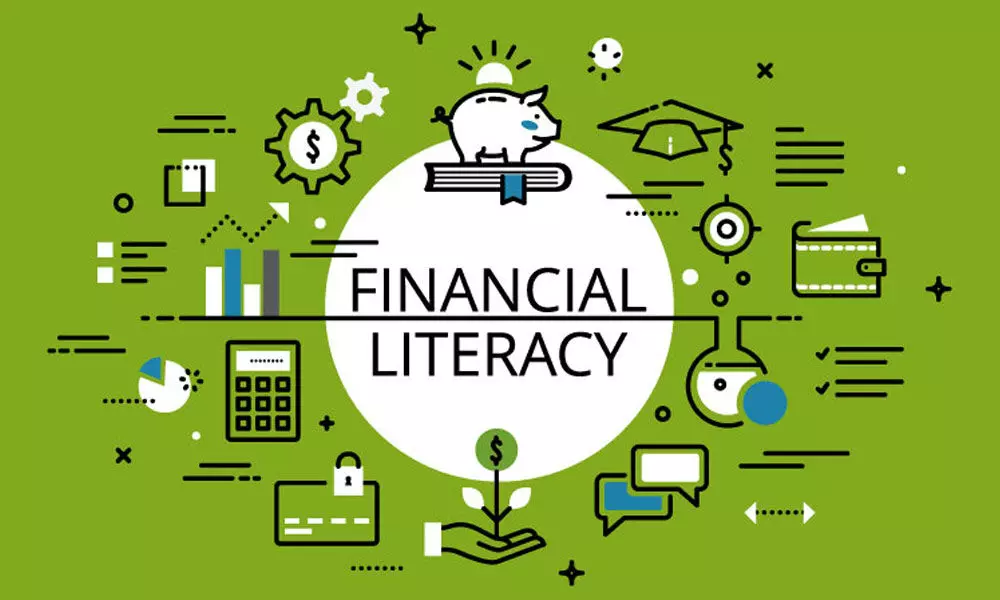Financial literacy is a crucial skill set that empowers individuals to take control of their financial future. By understanding the basics of money management, budgeting, saving, and investing, you can make informed decisions that enhance your financial well-being. This article delves into the importance of financial literacy and offers strategies to improve your money management skills, helping you achieve long-term financial success.
The Importance of Financial Literacy
Financial literacy is more than just knowing how to balance a checkbook; it’s about understanding how money works, making smart financial decisions, and planning for the future. With a solid foundation in financial literacy, you can avoid common pitfalls like debt accumulation, poor investment choices, and insufficient savings. In today’s fast-paced world, where financial products and services are constantly evolving, staying informed is key to protecting your financial health.
Key Components of Financial Literacy
Budgeting: Effective budgeting is the cornerstone of financial literacy. It involves tracking your income and expenses, setting spending limits, and ensuring that you live within your means. A well-planned budget helps you prioritize spending, save for future goals, and avoid unnecessary debt.
Saving: Saving money is essential for financial stability. Whether you’re building an emergency fund, planning for retirement, or saving for a major purchase, having a savings plan in place is critical. Financial literacy teaches you how to set realistic savings goals and identify the best savings vehicles for your needs.
Investing: Understanding the basics of investing is another important aspect of financial literacy. By learning how to diversify your investments, assess risk, and identify potential growth opportunities, you can build wealth over time. Financial literacy empowers you to make informed investment choices that align with your long-term financial goals.
Debt Management: Managing debt effectively is crucial for maintaining financial health. Financial literacy helps you understand the implications of taking on debt, how to manage existing debt, and strategies for paying it off. By mastering debt management, you can avoid the stress and financial strain that excessive debt can cause.
Credit Scores: Your credit score is a key indicator of your financial health. Financial literacy includes understanding how credit scores are calculated, the factors that impact your score, and how to improve it. A good credit score can open doors to better loan terms, lower interest rates, and more financial opportunities.
Strategies to Improve Your Money Management Skills
Educate Yourself: The first step in improving your money management skills is to educate yourself. Take advantage of online resources, financial literacy courses, and books to deepen your understanding of personal finance. Knowledge is power, and the more you know, the better equipped you’ll be to make smart financial decisions.
Create a Financial Plan: Developing a comprehensive financial plan is essential for achieving your financial goals. Your plan should include short-term and long-term goals, a budget, a savings strategy, and an investment plan. Regularly review and adjust your plan as needed to stay on track.
Practice Mindful Spending: Mindful spending involves being intentional about your purchases and avoiding impulse buys. By sticking to your budget and prioritizing needs over wants, you can reduce unnecessary expenses and increase your savings.
Seek Professional Advice: If you’re unsure about your financial decisions or need guidance, consider consulting a financial advisor. A professional can provide personalized advice, help you develop a financial plan, and offer strategies to improve your financial literacy.
Monitor Your Progress: Regularly reviewing your financial situation is key to staying on track. Monitor your spending, savings, and investments to ensure you’re making progress toward your goals. Adjust your strategies as needed to stay aligned with your financial objectives.
Conclusion
Financial literacy is an empowering tool that can transform your financial future. By enhancing your money management skills, you can make informed decisions, achieve your financial goals, and build a secure financial foundation. Start your journey to financial literacy today and take control of your financial destiny.










